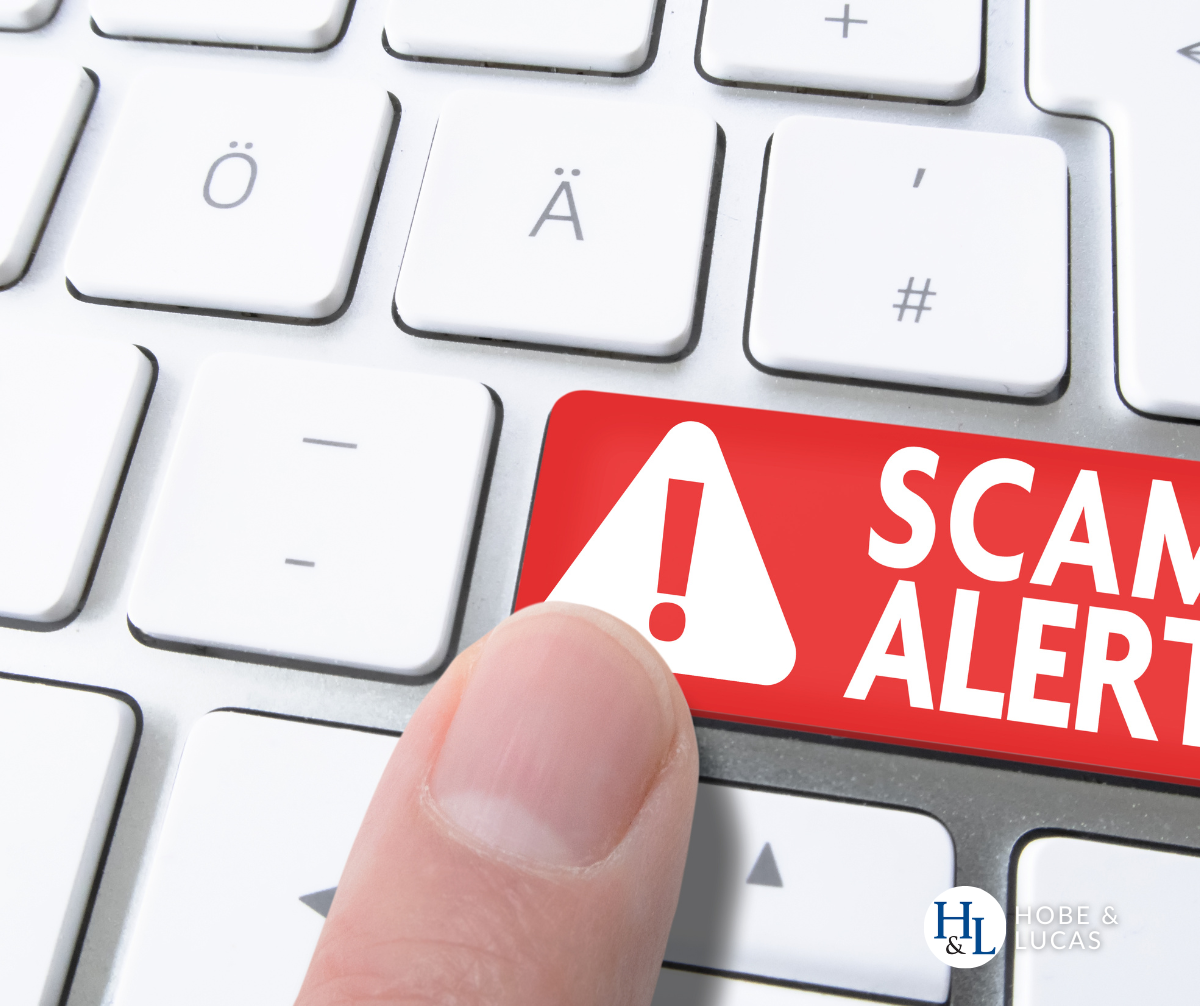Nearly everyone has received an email, text or phone call that sounds legitimate but is a scam. Scammers have gotten quite sophisticated, and even savvy individuals have been taken in. As reported in the FBI’s Internet Crime Report, more than $10 billion in losses from online scams were reported to the FBI in 2022, the highest annual loss in the past five years. There were some surprising findings in the report; people over 60 accounted for $724 million, or more than two-thirds of the reported losses from call center fraud. Call center fraud occurs when scammers call someone impersonating tech support or government agencies. Another surprise was that people in their 30s filed the most fraud complaints in 2022.
Being the victim of a scam can be costly and is certainly unnerving. According to the Federal Trade Commission, the five top commonly reported scams in 2022 were imposter scams; online shopping scams; prizes, sweepstakes and lotteries; investment-related scams; and business and job opportunities.
Red flags to watch for
Here are five red flags that may indicate someone is trying to scam you:
- Government agencies such as the IRS and the Social Security Administration generally use the U.S. Postal Service to contact taxpayers. If you receive a suspicious call, text, email, social media message or letter from someone claiming to be from a government agency, hang up or ignore the message.
You may wish to confirm it was a potential scam by calling the agency on their official phone number and speaking with an agent. The same is true if you believe the scammer pretended to be from a company or a nonprofit organization. Call and ask whether they sent the communication.
- Scammers often call with an urgent request. It is easy to be ruffled if someone calls saying a family member has been in an automobile accident and needs money immediately, but it is equally important to take a minute before reacting.
- If an offer sounds too good to be true, it probably is. Whether the offer is for goods or services, trust your gut when it comes to responding to an offer. Job offers that require purchasing product and sweepstakes that ask for payment before the prize is revealed need to be investigated before sending money.
- Be sure to carefully check the spelling and the domain of the email address. Scammers often spell things incorrectly. For example, “Amazon” may appear as “Amazn.” It is easy to miss a mistake like that because you think you are reading “Amazon.” Similarly, an email may come from “amazon.net” rather than “amazon.com.” These errors and others like them are clues that the email is a scam.
- Payment methods must also be vetted. Requests that require payment via PayPal, Venmo, Zelle, etc.; gift cards; prepaid debit cards; cryptocurrency; or wire transfer likewise must be questioned and investigated. Scammers use these forms of payment because they are hard to trace.
Steps to take if you suspect a scam
Take these steps even if the scammer has personal information that makes the scam seem real:
- Do not respond emotionally. Take the time to think through the situation.
- Never click on any links or attachments.
- Never disclose personal information such as a Social Security number, a bank routing number, savings or checking account numbers, or investment account numbers.
- If you are unsure if a request is legitimate, contact the company directly to verify.
- Let others know about the scam so they do not fall for it.
- Report the scam to the Federal Trade Commission, local law enforcement or the state attorney general’s office.
The bottom line? Develop a healthy skepticism, and don’t respond to any unsolicited mail before researching the source.
Copyright © 2024
